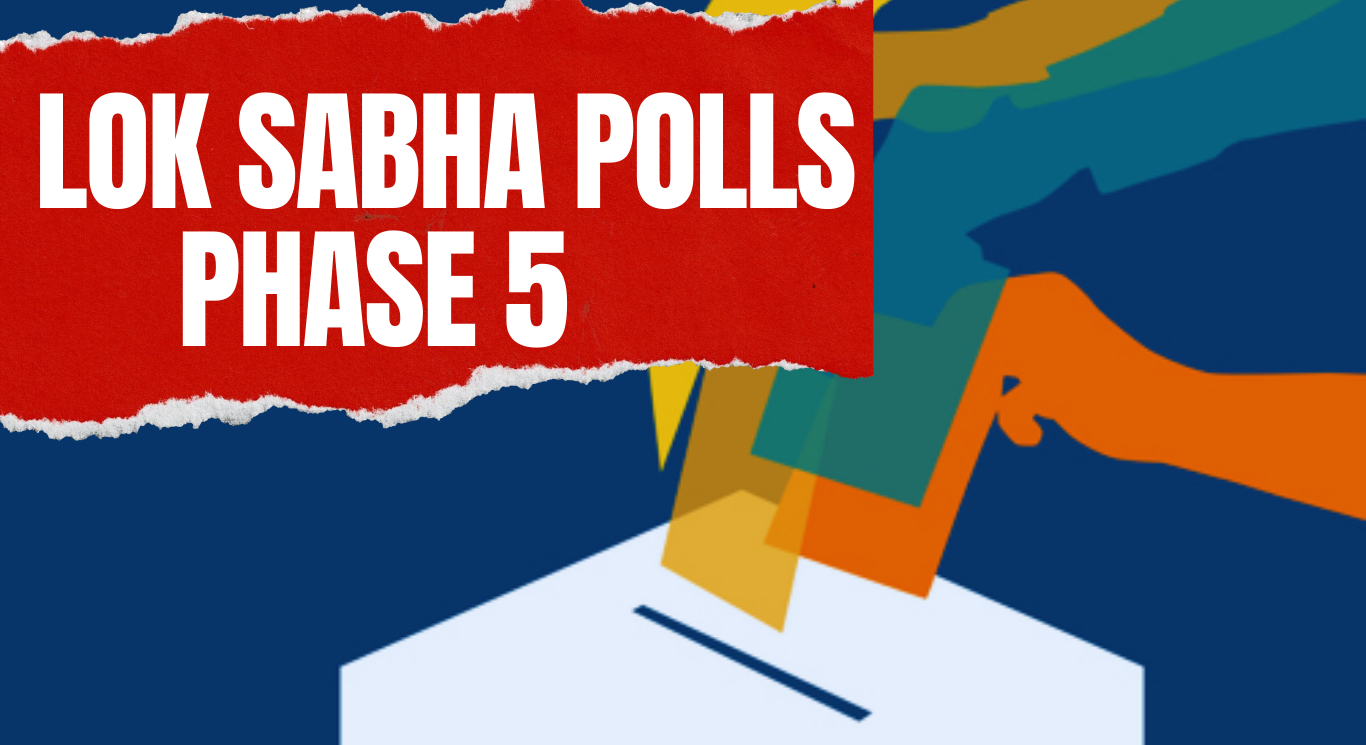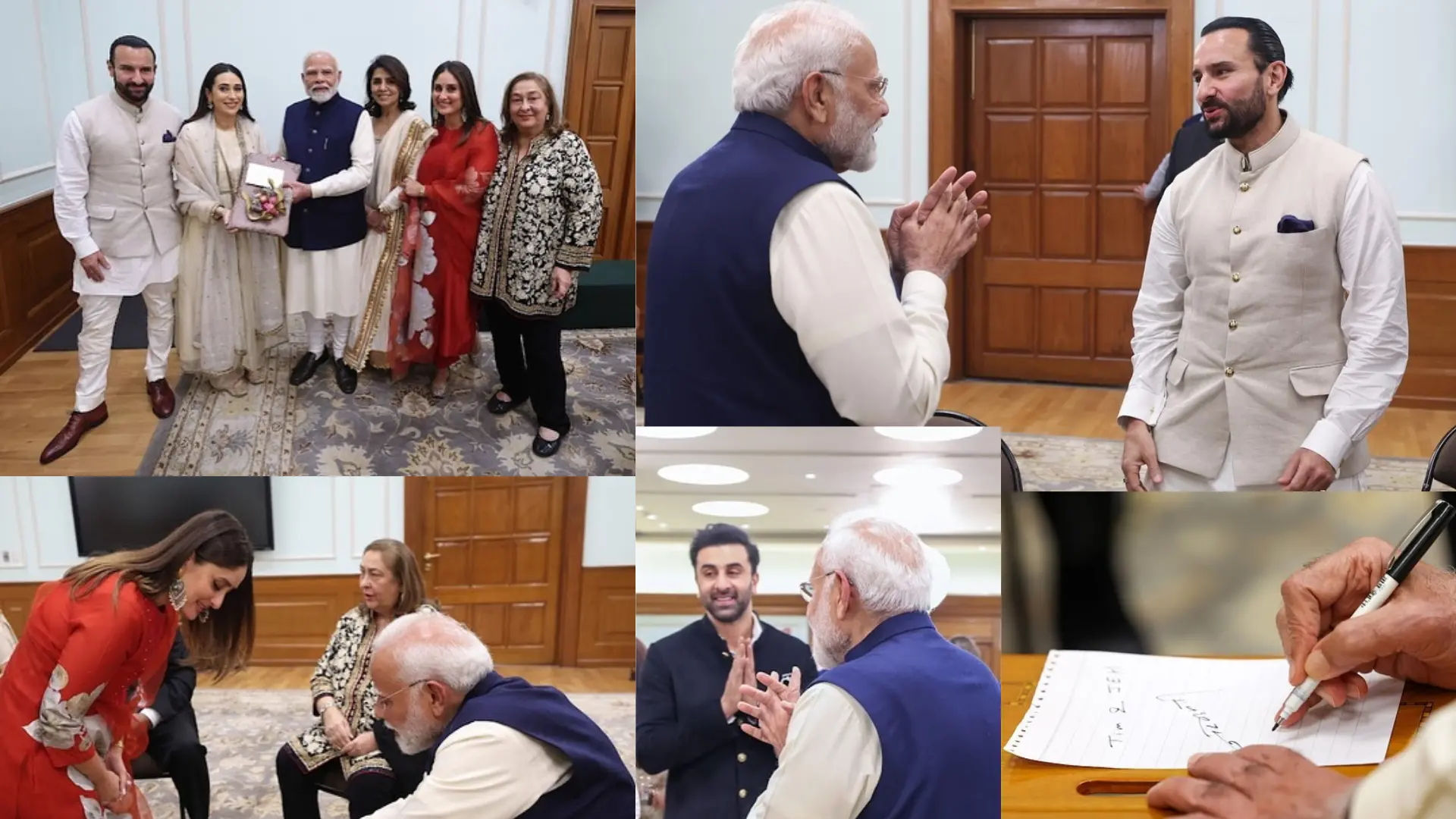On May 20, Indians will cast their ballots for the fifth phase of the world’s largest electoral exercise as the national election enters its final stages after weeks of intense campaign rhetoric and seemingly lower-than-expected voter enthusiasm.
Forty-nine constituencies will be contested across six states and two union territories. Rahul Gandhi, the leader of the main opposition Congress party, is on the ballot in the family stronghold of Rae Bareli in northern Uttar Pradesh (UP), while Minister of Defence Rajnath Singh will be seeking a third term in Lucknow, the capital of UP.
Which States & UTs Are Going To Vote in Phase 5?
Jharkhand: Three of the eastern state’s 14 constituencies
Odisha: Five of the eastern state’s 21 constituencies
Uttar Pradesh: 14 of the northern state’s 80 constituencies
Bihar: Five of the eastern state’s 40 constituencies
Maharashtra: 13 of the western state’s 48 constituencies
West Bengal: Seven of the eastern state’s 42 constituencies
Ladakh: The union territory’s sole constituency
Jammu and Kashmir: One of the union territory’s five constituencies
Gearing up for the fifth time, our polling parties are leaving no stone unturned! 🙌🏻🫡#GoVote and be a part of #ChunavKaParv#DeshKaGarv #LokSabhaElections2024 pic.twitter.com/hrRNwOQPE9
— Election Commission of India (@ECISVEEP) May 19, 2024
Key Candidates & Constituencies
All eyes will be on Amethi and Rae Bareli, the strongholds of the Nehru-Gandhi family. Rahul Gandhi is contesting in Rae Bareli, taking over from his mother and former Congress chief Sonia Gandhi, who represented the seat four times. Rahul is also seeking re-election in Wayanad, Kerala, where polling has already taken place.
The battle lines are sharply drawn in the neighboring Amethi constituency, which the Congress party aims to reclaim from federal Minister for Women and Child Development Smriti Irani. The party has dominated these two constituencies for decades, both of which have sent two prime ministers, Indira Gandhi and Rajiv Gandhi (Rahul’s grandmother and father, respectively), to parliament. Rahul Gandhi won Amethi in 2004, 2009, and 2014, before being defeated by Irani in 2019. This time, Congress loyalist KL Sharma is challenging Irani.
Colours of democracy blend to make a perfect symphony!✨
Join us as we celebrate #ChunavKaParv and #GoVote
🎥 @hpelection#DeshKaGarv #YouAreTheOne #Elections2024 #IVote4Sure pic.twitter.com/2v1FKYJtXE
— Election Commission of India (@ECISVEEP) May 19, 2024
In Uttar Pradesh, the constituency of Kaiserganj has seen BJP MP Brij Bhushan Sharan Singh denied a ticket due to charges of sexual harassment, which he denies. Instead, his son Karan Bhushan is the party’s candidate.
Former Chief Minister Lalu Prasad Yadav’s daughter, Rohini Acharya, is challenging the BJP’s Rajiv Pratap Rudy in Saran, a seat previously held by her father. Yadav’s Rashtriya Janata Dal (RJD) party is part of the INDIA alliance.
Meanwhile, Yadav’s trusted aide, Shiv Chandra Ram, is aiming for an upset in Hajipur, a constituency that gained media attention in 1977 when Ram Vilas Paswan won with a record mandate. Paswan went on to represent the constituency eight times. His son, Chirag Paswan, is now contesting in his late father’s stronghold. Chirag belongs to the BJP-led NDA.
Ladakh, carved out of Indian-administered Kashmir in 2019, has seen protests against the BJP for denying a ticket to its sitting MP, Jamyang Tsering Namgyal. The Congress party hopes to capitalize on local grievances, particularly the demand to bring the region under the Sixth Schedule of India’s Constitution.
Congress has promised to include Ladakh in the schedule, which would protect the region’s tribal status. Many locals fear that without this provision, their land, jobs, and education benefits could be overtaken by people from other parts of the country.
MJST READ: Lok Sabha Campaign Trail In Delhi Heats Up; Modi, Rahul Gandhi Take Swings
ALSO READ: PM Modi In Ambala Says His ‘Dhaakad’ Government Demolished The Walls Of Article 370
Which Parties Rule The States That Vote In Phase 5?
The BJP governs Madhya Pradesh and Uttar Pradesh outright. Maharashtra and Bihar are governed by the BJP in coalition with its partners. Odisha is governed by the NDA-aligned Biju Janata Dal (BJD).
Jharkhand is governed by the INDIA alliance, led by Jharkhand Mukti Morcha. The All India Trinamool Congress, a member of the INDIA alliance, has been governing West Bengal since 2011. Jammu and Kashmir, as well as Ladakh, are governed directly from New Delhi.
#Jammu_Kashmir is prepared for the #Phase5 of #GeneralElections2024✨
Glimpses of Polling Parties at the distribution centres in #Jammu_Kashmir
Credits: @ceo_UTJK#ChunavKaParv #DeshKaGarv #Elections2024 #LokSabhaElections2024 pic.twitter.com/FRMlfJg7M1
— Election Commission of India (@ECISVEEP) May 19, 2024
Who Won These Lok Sabha Seats In 2019?
In the last Lok Sabha elections, Congress, along with parties now affiliated with the INDIA alliance and those previously part of the Congress-led United Progressive Alliance, won eight of the 49 seats to be decided on May 20. The BJP and its NDA affiliates won 39 of these seats in 2019.
How Much Of India Has Voted Till Phase 4?
The first four phases of the Lok Sabha elections have already determined the fate of 380 MPs.
Voting has concluded for all seats in the states of Tamil Nadu, Kerala, Meghalaya, Andhra Pradesh, Assam, Manipur, Karnataka, Mizoram, Arunachal Pradesh, Telangana, Nagaland, Uttarakhand, Chhattisgarh, Goa, Gujarat, Rajasthan, Sikkim, Tripura, as well as the union territories of Andaman and Nicobar Islands, Dadra and Nagar Haveli, Daman and Diu, Lakshadweep, and Puducherry.
The sixth phase will take place on May 25, with the seventh and final phase beginning on June 1.
What Are The Voting Timings?
Voting in the third phase will begin at 7am and end at 6pm. Voters already in the queue by the time polls close will get to vote even if that means keeping polling stations open longer. Results will be declared on June 4, 2024.



















